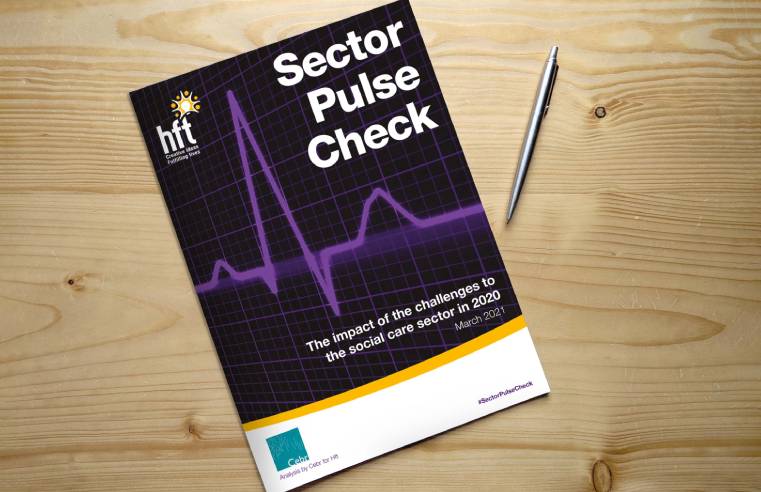Research reveals impact of Parkinson's cognitive impairment on conversational ability
Published on 20/01/2014
A new study from the University of East Anglia (UEA) and the University of Aberdeen have assessed the extent to which a patient’s ability to think quickly forms a barrier to communication, rather than experiencing physical speech problems.
The research team found that physical speech problems are often less of a problem for patients than having the cognitive ability to keep up with conversations caused by Parkinson’s cognitive impairment.
Parkinson’s disease is a common neurodegenerative condition which affects around 1.5% of people over 65 in Europe. The condition was originally characterised largely in terms of its motor features, however more recent research has revealed a wide range of non-motor symptoms including cognitive impairment in over a quarter of patients.
The research team undertook the first systematic review to look at whether cognitive issues or physical speech problems create the biggest barriers to communication, using nearly 5,000 studies in search of helpful data, and found 12 relevant studies involving 222 patients.
They discovered that both cognitive status and physical speech problems are associated with everyday communication problems among people with Parkinson’s. However, patients who had greater cognitive difficulties had more problems communicating, a factor less impactful on patients with less clear speech.
Dr Maxwell Barnish, who carried out the research at UEA’s School of Health Sciences and is now at the University of Aberdeen, said: “Around 70% of people with Parkinson’s have problems with speech and communication, which can really impact their quality of life.
“Researchers and clinicians have in the past focused on the physical problems patients have with making their speech clear. But patients themselves say the problems are more complex and are more to do with cognitive impairment – for example not being able to think quickly enough to keep up with conversations or not being able to find the right words.”
Dr Katherine Deane, from UEA’s School of Health Sciences, added: “What this research tells us is that speech and language therapists need to assess the cognitive problems of people with Parkinson’s as well as their speech clarity when trying to improve everyday communication. It may be that patients who are struggling with thinking quickly need different communication strategies to help them in everyday life.”
Related News
Categories
- CQC ratings
- Care home news
- Care jobs
- Care planning
- Care sector awards
- Care sector events
- Care sector news
- Care staff
- Charity
- Cleaning & Hygiene
- Construction
- Dementia
- Disability
- Entertainment
- Finance
- Fitness
- Food & Drink
- Fundraising
- Furniture
- Health & Safety
- Healthcare
- Hospice & Palliative Care
- Hospitals
- Industry Comment
- Interiors
- Laundry
- Legal
- Leisure
- Medication
- Mental Health
- Mobility
- New appointments
- PPE
- Products
- Property
- Recruitment
- Relationships
- Research
- Safeguarding
- Security
- Services
- Social care
- Sustainability
- Technology
- Training
- Transport
- Uniforms
- Waste
- Wearables



















